
Daily protests continue in Venezuela, leaving a total of 38 protesters dead since March. Food and medical shortages have left citizens starving, dying and fleeing for the Colombian border. Inflation rates are currently at 140 percent, the world’s highest. The IMF projects an imminent rise to 720 percent inflation; yet some experts contest the probability of this estimate.
The People vs. President Maduro
Protesters are rallying against what they see as a budding dictatorship. President Nicolás Maduro, the socialist leader of Venezuela and successor to Hugo Chávez, took steps last week to rewrite the country’s constitution. This could potentially help him stay in power uncontested.
Maduro’s police force has been teargassing and beating back protesters for a solid 50 days. The elderly and infirm are among those braving the streets of the nation’s capital, Caracas, to voice their opposition. Protesters have even taken to volleying jars of feces at the police.
President Maduro has called the opposition a coup, and a fascist conspiracy supported by United States dollars. The U.S., in turn, has openly funded and trained opposition forces.
United States Support of the Opposition
In fact, the U.S. has been pushing for regime change in Venezuela since the Chávez days.
Venezuela accused former US president George W. Bush of staging a failed coup against Chávez. When Chávez died and Maduro was narrowly elected, the Obama administration didn’t acknowledge him as the legitimate leader. Obama called Venezuela a threat to the U.S. and signed an executive order for sanctions. In May, the Trump administration escalated Obama’s policy by adding additional sanctions.
Venezuelan Foreign Minister Delcy Rodriguez said last week “It’s unheard of and unacceptable for the U.S. to impose sanctions on a sovereign and independent public … [institution], violating international and Venezuelan laws.”
She said they’re the “victims of imperial aggression” and that “the United States power structure never misses an opportunity to violate international law.”
President Maduro accused the U.S. of “leading” the “destabilization of Venezuela.”
But why is the U.S. taking an interest in the conflict between the Maduro regime and the people of Venezuela?
Newfound Reserves in an Oil Rich Nation
Like Syria, Venezuela is an oil rich country that hasn’t done business the way the U.S. wants.
The Latin American nation is home to the Orinoco Belt, Earth’s largest deposit of crude oil. In the past decade, proved oil reserves in Venezuela have skyrocketed to nearly 300 billion barrels. And it’s estimated that there’s much more–in the trillions of barrels. This makes Venezuela the most oil rich nation in the world, surpassing even Saudi Arabia.
The Chávez-Maduro continuum has a federally owned oil company called PDVSA. So the Venezuelan government, in the form of PDVSA, owns and operates most of the oil wealth, often at the expense of companies like ExxonMobil, an American oil conglomerate (with muscle in the White House), that would profit by extracting more oil from Venezuela.
Chávez didn’t want all of the nation’s oil wealth going to American companies. But he didn’t manage oil production at PDVSA too well. He fired 19,000 experts and replaced them with party loyalists who didn’t know the business that well. He spent most of the profits on social programs for the poor, and didn’t reinvest in the oil infrastructure. Now three quarters of refineries are operating below capacity because they can’t afford spare parts.
Production has plummeted, and Venezuela cannot afford to extract its own wealth. They’re having to import gasoline from overseas. The economy has gone into a tailspin, and the people are suffering for it.
Maduro Puts PDVSA Up For Grabs; Goldman Sachs Grabs
Without money coming in, the Maduro regime has been under stress. So they’ve offered up public shares of PDVSA to sell on the market.
Several American investment firms, most prominently Goldman Sachs, have stepped in and bought up shares of ownership of PDVSA. The shares were deeply discounted to 31 cents on the dollar. GS bought $2.8 billion worth.
The opposition has criticized GS for funding the Maduro dictatorship. But the shares will only go up in value if there’s a dramatic change–for example, if the opposition defeats the regime, and a more business-savvy administration takes its place.
Some analysts say this indicates that high profile investment banks like GS are anticipating regime change. Perhaps they know something we don’t, like a stronger opposition force is on the way.
Nomi Prins, former managing director at GS and author of All the President’s Bankers, says the controversial investment in Maduro’s regime indicates that GS is betting on regime change.
She told CNBC it’s “a cynically opportunistic bet,” and that that GS is “pushing geopolitics at the expense of people.” If the U.S. can help install a new regime that will cater to its interests, American companies like GS and ExxonMobil will profit tremendously.
The Human Cost of the Venezuela Crisis
Meanwhile, hospitals are inoperable. Cases of malaria (which had been eradicated in Venezuela) have gone up 76 percent and infant deaths are up 30 percent. Access to affordable food is so scarce that three quarters of those surveyed by the Wall Street Journal report involuntary weight loss.
More important than oil, more important than power, more important than the billions of dollars and billions of barrels at stake in this crisis, is the toll this conflict is taking on human lives.

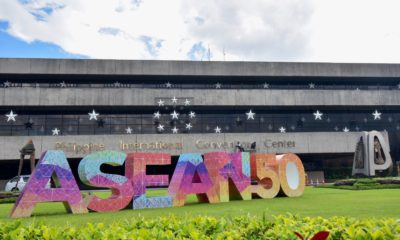
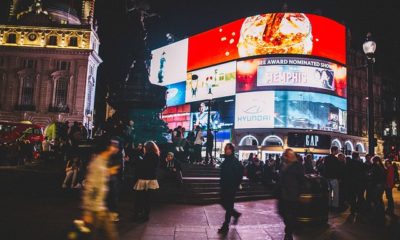
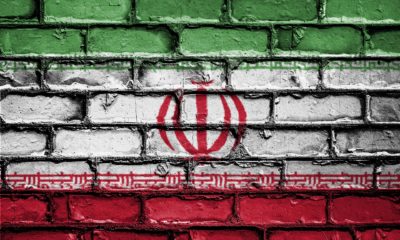

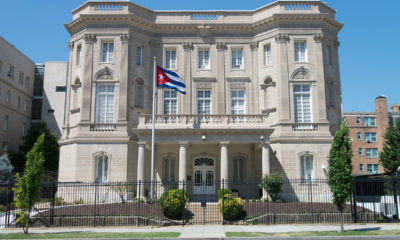
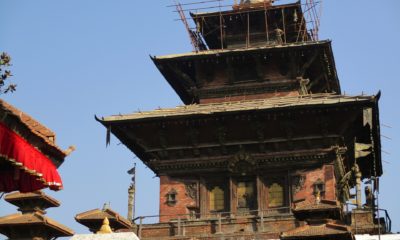
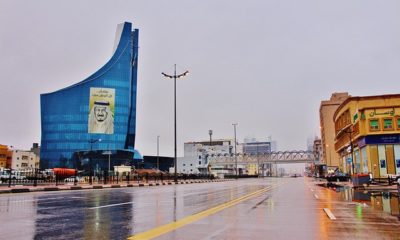
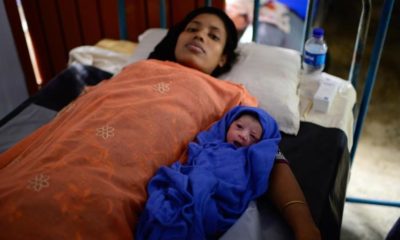
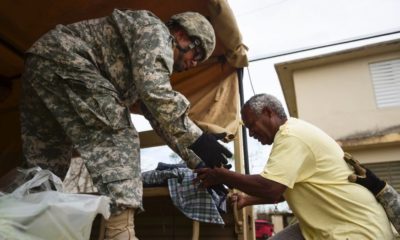





Facebook
Twitter
Pinterest
Google+
LinkedIn
Email